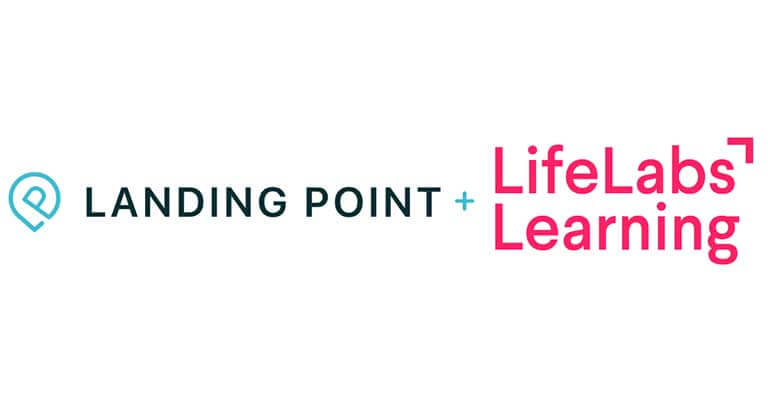Landing Point and LifeLabs Learning partnered to host a highly interactive and thought-provoking workshop on a topic at the forefront of everyone’s minds right now, Inclusive Interview Practices.
At Landing Point, we are dedicated to building and maintaining relationships with top talent to meet the evolving needs of our clients. Simultaneously, we are continually expanding our own team, seeking exceptional recruitment professionals to join us. Our approach is thoughtful and thorough, focused on understanding each candidate holistically to ensure the best fit for both our clients and our team. The workshop opened our minds to how we approach interviewing, the types of questions we are asking, and how we are assessing talent going forward. Here are some of our key takeaways to create an inclusive interview process:
1. To assess if a candidate is a match, change your focus:
Instead of simply considering a candidate’s experience, focus on what you want the candidate to accomplish in their first year and define what knowledge and skills this person needs in order to achieve success. In addition, define your company values you want a new hire to align with, as well as what you want them to add to the culture, to avoid having a team of cookie-cutter employees.
2. To actually be inclusive, create an objective way to score a candidate and their answers:
While we believe there is still an element of subjectivity to interviewing, to ensure a company is practicing inclusive interviewing, it’s suggested to take an objective approach by creating a scorecard on how to assess responses across all interviewers.
3. Ask behavioral questions effectively:
Instead of asking a vague “Tell me about a time when…” question, have a purpose in asking based on what you and your team have identified as culture fit, and add attributes ahead of time. An example would be if I’m looking to hire someone who excels in thinking about the big picture and is innovative, as a culture add to my team, I could ask, “What was the last suggestion you made to improve your organization?”
4. Debrief on interviews with your team in a way that welcomes inclusivity:
When certain words like “unprofessional” or “too seasoned” are used to describe a candidate who one person may not find to be a match, it’s important to ask questions such as “what gave you that impression” or “can you share an example.” This way, you get to the heart of whether it is a true concern or a bias.
The Point:
Relying on gut feelings or personal rapport during interviews can be ineffective and quite exclusive when looking for the right candidate who will perform well in the job. Aligning your team on your goals for a new hire and providing a proper framework to assess a candidate will save time and money from making the wrong hire while creating an inclusive interview process.
Landing Point is a team of recruitment experts, yet we are always looking to evolve our approaches. It has been eye-opening to understand more about the psychology and science behind hardwired bias in humans and how it can affect how we interview and assess job-seeking candidates and act internally. As a firm, Landing Point also recently participated in a private Behaviors of Inclusion training with LifeLabs, and they continue to provide science-based solutions to combat bias and ultimately provide an inclusive interview process in order to ensure we are providing the best possible experience and outcome for our network.

